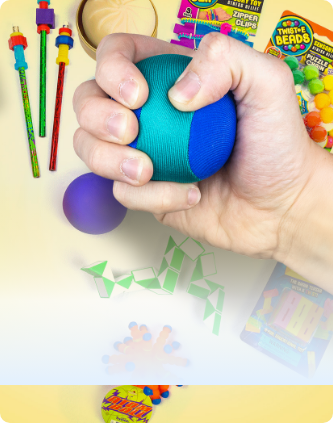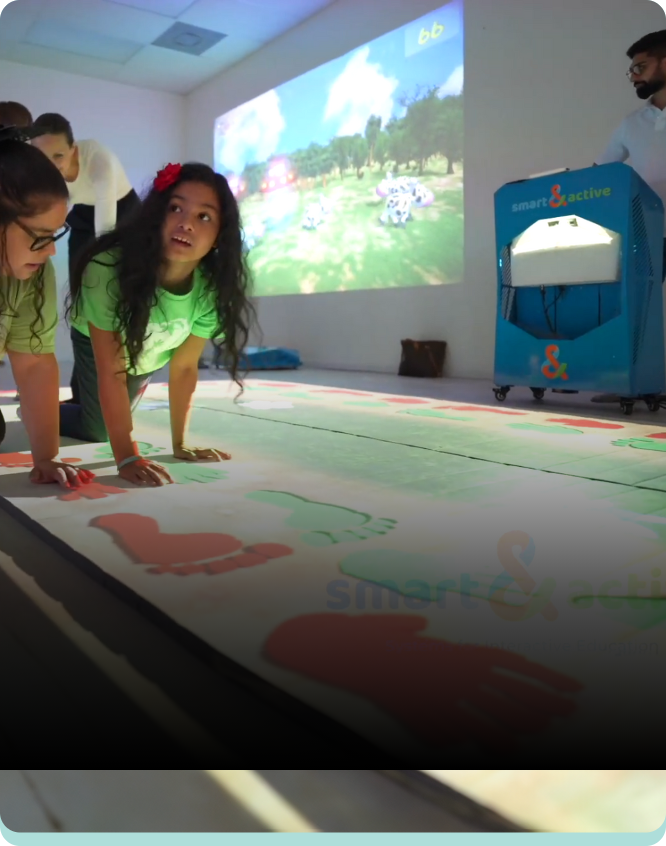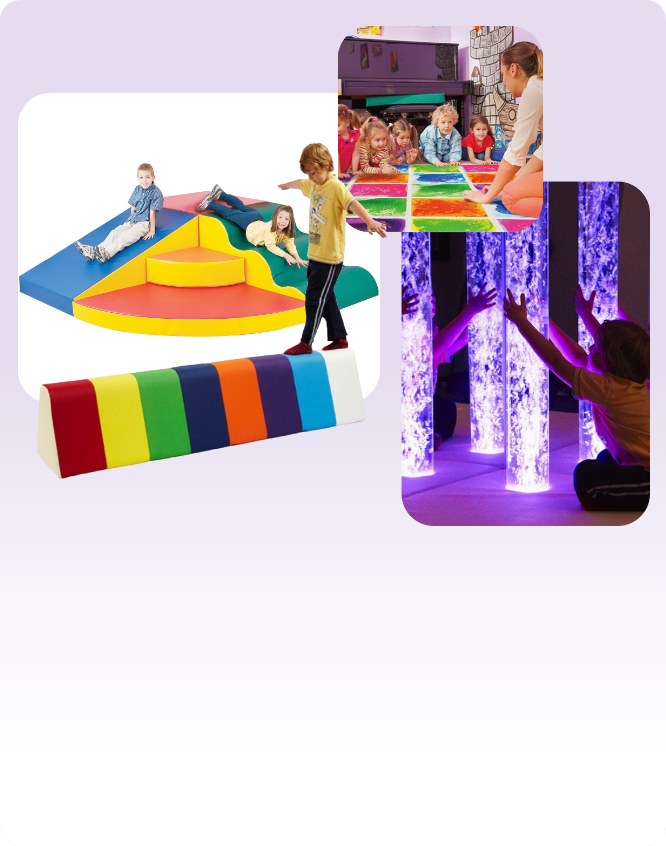A person is diagnosed with PDD if they have some behaviors seen in autism but dont meet the full criteria for having an Autistic Disorder. This can be mild, with the person exhibiting only a few symptoms while in school or at home. Other People may have a more severe form of PDD and have difficulties in all areas of their lives. Often those diagnosed with PDD are viewed as having mild autism.
PDD Signs & Symptoms
People with PDD often have communication symptoms. A baby may not babble or when they do learn words, they exhibit "echolalia" repeating words or phrases over and over again. Often people with PDD don't understand nonverbal language such as body language, tone of voice or facial expressions. People with PDD often take language literally and don't understand when someone is joking or being sarcastic.
People with a milder form of PDD usually have social symptoms. They may not be able to make friends. Language delays also increase their difficulty with socializing.
A common symptom of PDD is "perseveration" or an overwhelming preoccupation with a certain subject. People with PDD often dwell on one subject, preferring only to talk about or play with toys that are associated with the area they are interested in.
Another common symptom of PDD is difficulty understanding emotions. The person may not be able to distinguish when someone is happy, sad or angry. They tend to be indifferent, but when they do show emotions it's usually to the extreme.
Behavioral symptoms of PDD can include emotional outbursts and tantrums. A person with PDD may be dependent on routines and insist that things stay the same. Language and social delays can make it easy for them to misinterpret situations and become frustrated. Tantrums are common and often result from misunderstanding, anxiety or fear.
PDD-NOS Treatments
PDD kids don't fit into the more easily identifiable forms of autism spectrum disorders. According to the Yale Developmental Disabilities Clinic, People with PDD may not get the help they need as readily as those with autism. Healthcare providers may not diagnosis a person with PDD until after they have gone through a long process of elimination.
As with all People on the autism spectrum a mosaic approach to treatment is most valuable. Several therapies combined together to address various developmental challenges such as ABA, play therapy, sensory integration therapy, and social skills training should work best.






